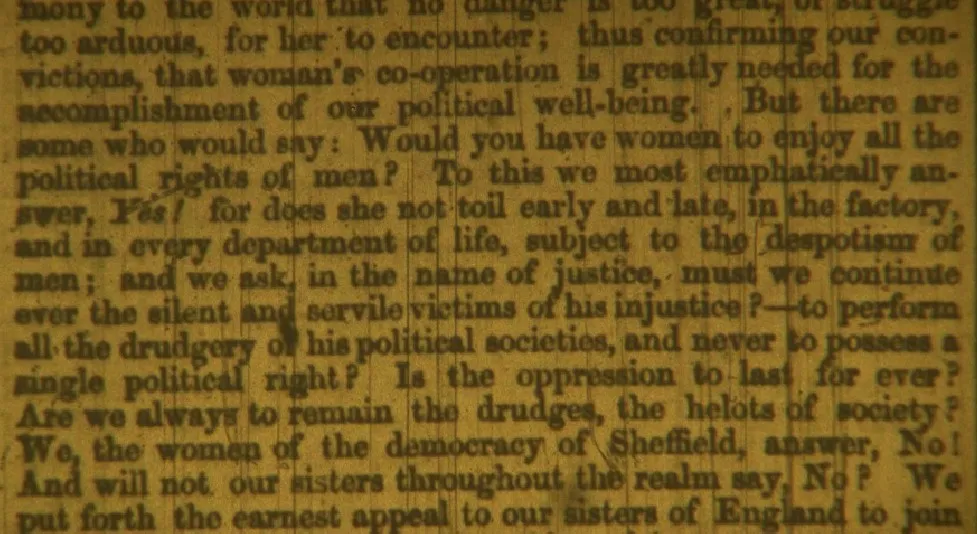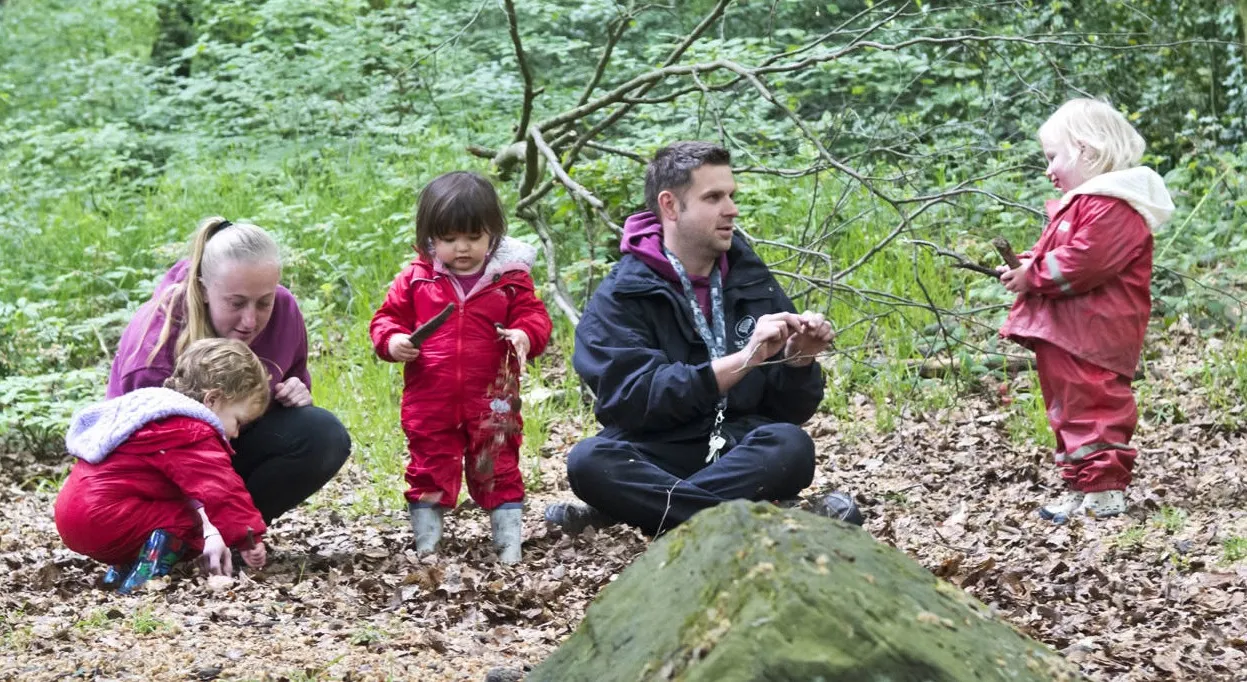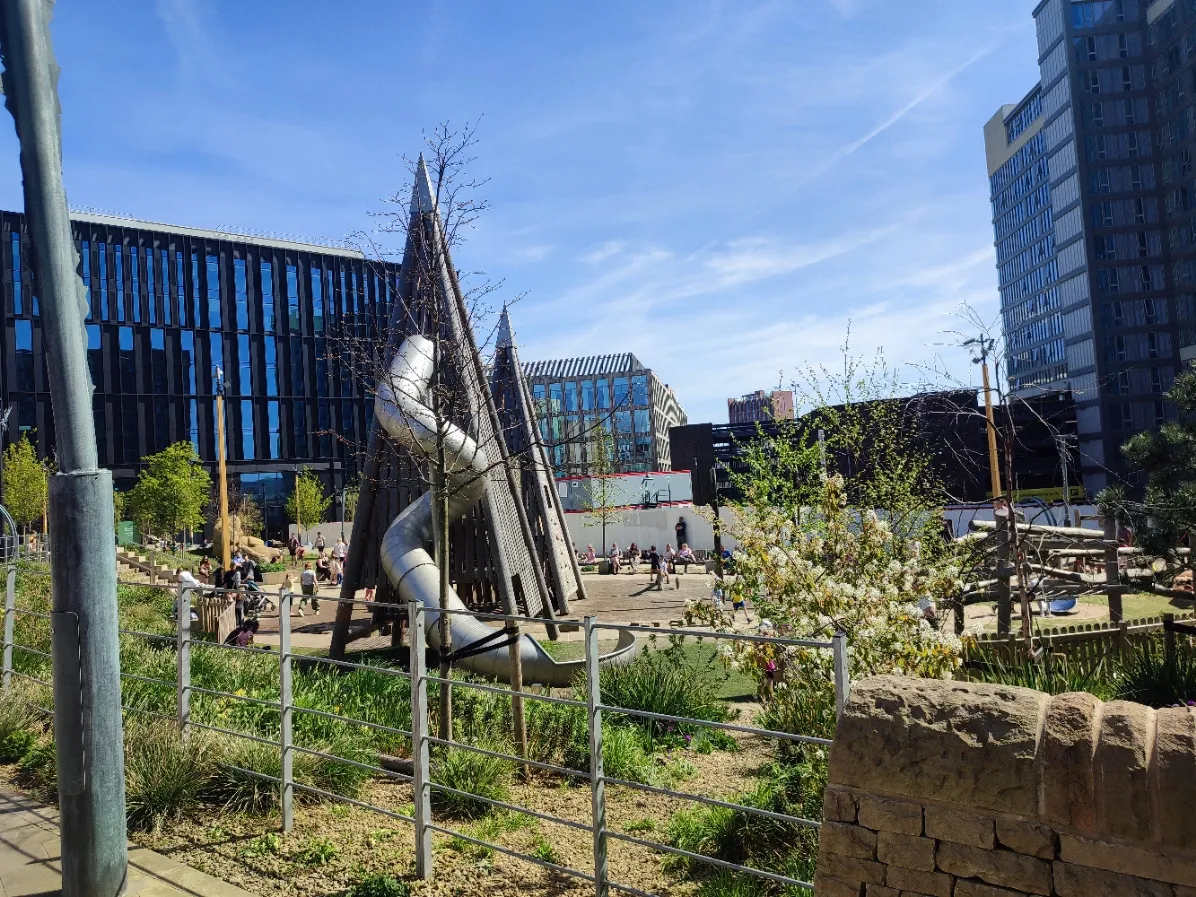The best moment of Rony Robinson’s career? Oh, getting a phone call from Bill from Worksop. I was surprised when I read this in a 2017 Radio Times interview with Rony, a veteran former BBC Radio Sheffield presenter. At the time, he’d been a fixture on the station for 33 years — surely he would have interviewed countless high-ranking politicians and celebrities. But this moment meant more to him: Bill called into his show to tell him and his listeners that his wife had just died, even though Rony had never met them. Years later, Bill’s son also phoned Rony up to share that Bill had died, too. “The uniting power of local radio,” he says.
Fast forward five and a bit years and it feels like that connection with listeners is under threat like never before. Like all other BBC local radio stations in England, Radio Sheffield is making big cuts. Jobs will be axed and more programmes will be “regionalised”, meaning that at several key times of the week, shows that once focused on South Yorkshire will instead cover the whole of the Yorkshire region. At the weekend the area covered will be increased further still to encompass Lincolnshire.
The changes are part of the BBC’s latest money-saving drive after it was announced last year that the licence fee would be frozen for the next two years and abolished entirely in 2027. Dozens of people will also be redeployed from live broadcast to online content. Many worry that the changes mean the station is slowly being “wound down”.

“Make no mistake, this is the beginning of the end of local radio,” said one current staff member who spoke to The Tribune on the condition of anonymity. “It’s about severing that link between you putting on the radio and hearing people that sound like you talking about places that you know. If you turn on the radio and hear people talking about Thirsk, you’ll think ‘what the fuck is this?’”
The station has been a key part of life in the region for more than 50 years. Way back in 1967, BBC Radio Sheffield was only the second BBC local radio station to begin broadcasting. It went live for the first time on 15 November 1967 — just one week after BBC Radio Leicester — broadcasting from a large Victorian house on Westbourne Road in Broomhill (now occupied by the independent Westbourne School). The first voice heard was presenter Jack Thompson, who opened the station with a jingle which used the sound of Sheffield cutlery created by the BBC Radiophonic Workshop.
Launching with a staff of just 15 people, it was initially broadcast for four hours a day on a two-year trial basis. Seven years later in 1974 the team had more than doubled to 35, and the station was now on air for 12 hours a day. Many presenters from that era went on to be long-standing fixtures on the station. Actor and comedian Tony Capstick presented shows on BBC Radio Sheffield for more than three decades while former local news journalist Dinah Maiden became Sheffield’s “phone-in queen” and a station regular for 20 years.

The station can also lay claim to inventing the football phone-in. Initially a forum where football supporters were asked to moan about their team’s performance, the format was later changed into the iconic Praise or Grumble, where listeners were encouraged to ring up to, as you’ve probably guessed, either heap praise or have a good old grumble about how their team had played. The idea is now a staple of sports radio stations the world over.
There have been controversies too, most of which seem to have included Toby Foster. The breakfast show host, a comedian in his own right, who starred in Phoenix Nights and Afterlife, was suspended in 2013 after publicly swearing at one of his BBC bosses. In a hastily deleted tweet, Foster wrote: “Got asked to go for a pint by BBC manager. Got pretty much sacked. Threatened to phone bosses. Cos he's a cunt. Lie in.” In 2017 he was suspended again after breaking the corporation’s impartiality rules.
The changes announced by the BBC aim to bring in more programme sharing on regional radio stations at times of the day which they say have fewer listeners. This would reduce the number of shows produced on weekdays from 2pm to 6pm to 20, and the number of programmes produced between 6pm to 10pm to just 10. The corporation says the changes will mean 48 jobs will be lost.

In South Yorkshire, the changes will mean that the drive time show currently helmed by veteran presenter Howie Pressman will be regionalised, meaning that South Yorkshire, West Yorkshire (Radio Leeds), North Yorkshire (Radio York) and the East Riding of Yorkshire (BBC Radio Humberside) will have one show rather than four. One of the drive time show’s key functions is to provide listeners with up to date transport information. Given its new geographical focus, it’s hard to imagine how the traffic and travel update wouldn’t run for a monotonously long time, given the sheer amount of land it’ll now have to cover. Wouldn’t you just google the traffic instead, rather than listening to an epic-poem-length monologue on the vagaries of traffic miles away from anywhere you’d be driving?
But the changes will be even more significant on weekends. The weekend breakfast and mid-morning slots will be regionalised not just to the whole of Yorkshire but to Lincolnshire as well, an area with a population of some five million people. Staff have been told that the station’s sports coverage will be protected but are unclear whether this means just football commentaries or wider coverage.
This week, the National Union of Journalists announced plans for a formal ballot of BBC staff on strike action over the plans. If passed, the walkout could take place later this month.

The changes mean dozens of presenters and staff at BBC Radio Sheffield will have to reapply for their own jobs, including superstar breakfast show host Toby Foster and mid-morning presenter Paulette Edwards. The Tribune has been told that they will each have to write an application form and create a 15-minute showreel, and also be interviewed. While no one is expecting either Foster or Edwards to lose their jobs, they may end up presenting a regional show with far less of a link with the area they’ve covered for years. More at risk are long-standing drive time host Howie Pressman, and Kat Cowan and Becky Measures at the weekend, sources claim. “Some of the presenters will lose their jobs,” one insider told us. “100%”.
Between 30-40 people work at BBC Radio Sheffield at the moment, and even after the changes come into effect the number of job losses will be in the low single figures. However, the headline figures mask what could be much bigger changes in the way staff do their jobs. BBC bosses are keen to get more radio staff working on the website, as online audiences increase and the number of people listening live falls. This means that rather than losing their jobs radio staff will instead be redeployed to the website. While this could conceivably mean more podcasts, the budget allocated for on-demand audio is meagre, and no jobs for podcast makers have been mentioned. “It will all be about getting stories out online,” one staff member predicted. “Get that copy out, get that picture out.”
Staff we have spoken to are understandably dismayed at the proposals. When managers told them last year about the scale of the proposed changes, many were shocked. “None of us ever imagined it would be as extreme as that,” one told us.

While most people will probably keep their jobs, and the station will continue to broadcast, many see the proposals as the thin end of the wedge. “We accept that we need to change to be more digital focused,” another staff member told us. “However, the cost of that must not be local broadcasts at key times of the day. Sheffield is not York. York is not Leeds. Leeds is not Humberside. Humberside is not Lincolnshire.”
Staff at the station also feel they've not been able to effectively explain coming changes to listeners, with only one 15-minute interview with a BBC boss airing so far. Despite this, they have been inundated with comments from listeners since the changes were announced. “Local radio is the supportive friend which informs, keeps us company and fills our days,” wrote listener Francis on the station’s Facebook page. “For us older people it is our family. From the latest on the gas crisis to the trials of Howie’s frenchies [drive time presenter Howie Pressman’s French bulldogs], we have our housebound days filled. God alone knows how much BBC Radio Sheffield saves the NHS by supporting our mental health.”
“This local radio station has saved lives,” emailed Glynis, another listener. “During lockdown there were many people who saw Radio Sheffield as a lifeline. A connection with the outside world. The presenters became our virtual friends and extended family.” Others said they feared the changes were the “forerunner of complete closure” at some point in the future.

John Barton is the managing director of Vertebrate Publishing, a Sheffield-based publisher of walking, running and cycling guidebooks. He says his team argue about which radio station to listen to at their Cemetery Road office, but that BBC Radio Sheffield is often the winner. “It’s just the reassuring localness of it,” he tells me. “I’ve been on talking about the Sheffield Round Walk a couple of times and you’re speaking to people who know what you’re talking about. When we’re listening something will come on and somebody in the office will go ‘I've eaten there’ or ‘I know that building’ or ‘I got stuck in that traffic’. It's just very relatable.”
Paradoxically, the changes come at a time when distinctive local content is becoming more important than ever. Regional journalism is in retreat across the country with once massive newspapers like The Star reduced to little more than a handful of staff. Hallam FM was brought into Bauer Media’s Hits Radio network in 2016 and now broadcasts very little local content at all. The genuinely local and community-run radio and TV station Sheffield Live tries its hardest but is tiny in comparison.
The huge importance of local radio was perhaps best seen during the recent “gas flood” in Stannington, when a burst main saw water flood out of gas pipes and appliances into people’s homes. The incident was briefly national news as residents struggled to heat their homes for 10 days before Christmas during one of the coldest weeks of the year. But national news can only focus on local events for one, maybe two news cycles. The Stannington event went on for almost two weeks and BBC Radio Sheffield was there throughout.
Sheffield Council has declared a major incident in Stannington as hundreds of people go into a fourth day without gas
— Lucy Ashton (@LutheBlue) 7:00 AM ∙ Dec 7, 2022
I'm here and it's currently -1 degrees
@BBCSheffield will be bringing you regular updates - listen out for @cadentgashelp and @_OliviaBlake just after 7am
“Who, apart from people in South Yorkshire, are really interested in water coming out of gas appliances in Stannington,” said one current staff member. “Our policy, as BBC local radio and as the companions to our local audience, is that we’re the first in and the last out. We're there for our local communities and there is nobody else who will do that to the same extent. We're cut back to within an inch of our lives and we can barely do the job now. But people go above and beyond because they care.”
In a statement sent to The Tribune, Jason Horton, director of production for BBC Local said: “Our goal over the next 12 months is to modernise our BBC Local services in England to strengthen our online provision for communities across the country. We have listened carefully to the feedback we have received about proposed changes to BBC Local Radio programming. As a result, we are making a number of amendments to the original plan in order to strike the best possible balance between live and on-demand services.”
But many staff are worried that “the best possible balance between live and on-demand services” will effectively mean the end of BBC Radio Sheffield as we know it. “What do you think is more replaceable, human radio or cold, sterile copy?” one insider asked. “I’m really worried that they’re just going to get rid of all the skills and all the personnel and we’ll be gone. I don’t understand why they would want to get rid of something that is so unique and cannot be replaced.”
They fear that more online content will simply make them more distant from the people who don’t get their news from Radio 4 or visit the website 12 times a day. People who are traditionally underserved by the BBC. One veteran staff member we spoke to told us that there is a connection between them and their audience — between presenters like Rony Robinson and Bill from Worksop — that you don’t get anywhere else on the BBC. “That’s what we mean to our audience,” they added. “These presenters are their friends.”

Comments
How to comment:
If you are already a member,
click here to sign in
and leave a comment.
If you aren't a member,
sign up here
to be able to leave a comment.
To add your photo, click here to create a profile on Gravatar.







